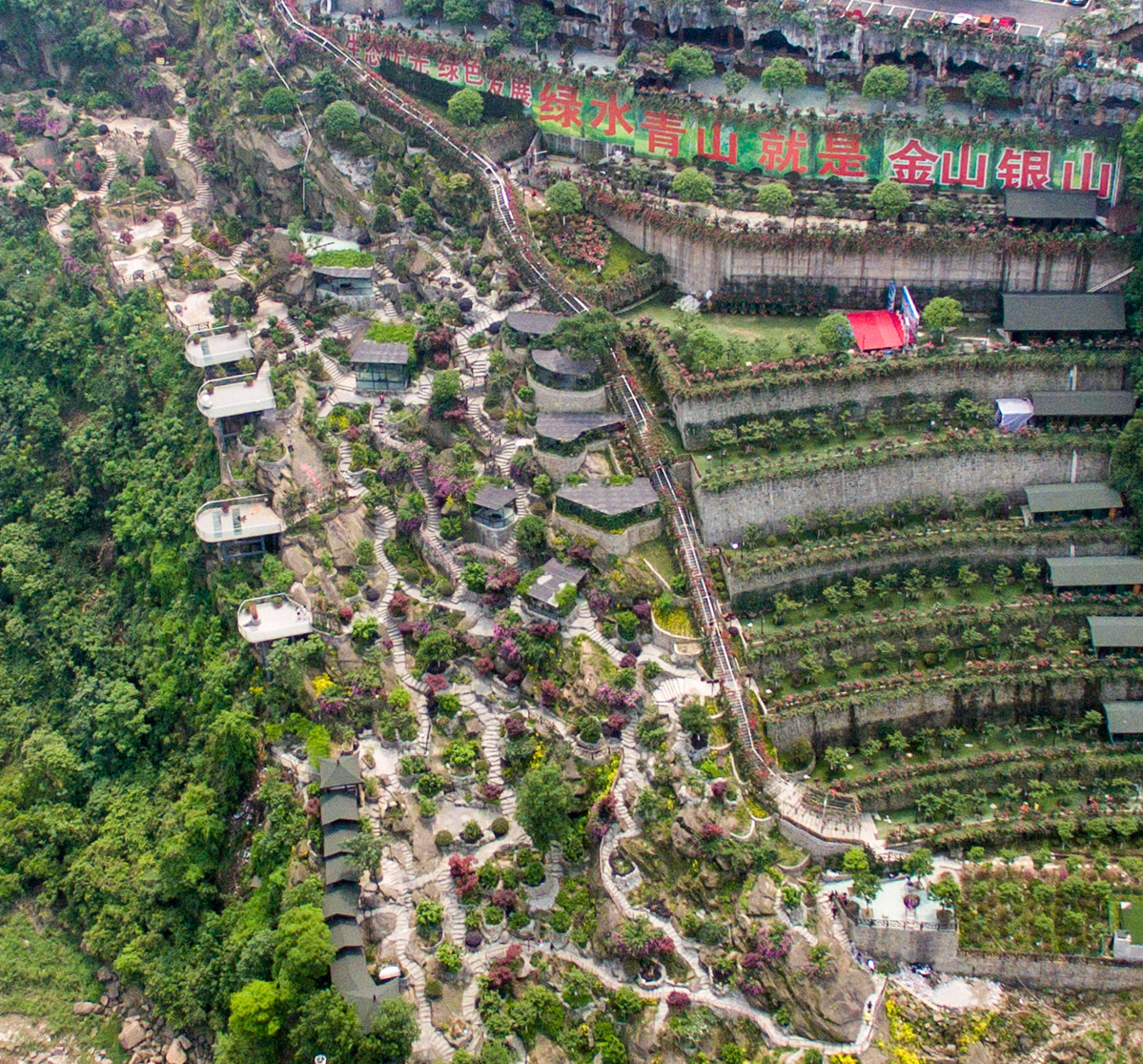Yangtze witnesses a green renaissance






Factories close
In Wuhan, Hubei province, in 2018, Xi reiterated the importance of sustainable development for the Yangtze River Economic Belt.
He said local governments should overcome inertia and focus on fostering high-quality development.
"The Yangtze River is China's mother river, and we must protect it. We must move all polluting enterprises from along the Yangtze with resolve … to root out hidden dangers of pollution," he stressed.
Efforts should be made to get rid of old growth engines, cultivate new ones and establish a modern system for the economic belt, he added.
Fruit store owner Bi Kaiyun worked at the Tiantian Chemical Plant on the southern bank of the Yangtze in Yichang, Hubei, for 16 years until the factory was demolished in April 2018.
The company was one of the city's major taxpayers, contributing 28 million yuan ($4.4 million) annually to local coffers before it was closed.
Bi said, "It was hard to start a new career in middle age, but it was the right thing to do for the sake of a better environment."
He said that when the factory was shut down, people living in neighboring areas began to open their windows, dry clothes on balconies and stroll along the river bank.
"Life became clean and clear again. Now, I can wear light-colored clothes at my store and don't have to worry about getting stains and dirt from machinery."
After the chemical plant was demolished, a new one with high-standard pollution treatment facilities was built away from the river in Zhijiang county, Yichang.
In 2017, the Yichang government issued a document on reducing pollution and upgrading the chemical industry, with the aim of shutting down, relocating or renovating 134 chemical companies by last year.
Closure of the chemical industry resulted in Yichang's GDP growth dropping to 2.4 percent from 10.2 percent, but it soon started to bounce back as factories were upgraded, and by 2019 had reached 8.1 percent.
Yichang is not the only city tackling environmental issues by upgrading industry and relocating factories.
All cities along the river are following suit, with the Yangtze River Protection Law, which bans the building and expansion of chemical factories within 1 kilometer of the waterway and its tributaries, taking effect on March 1.




















